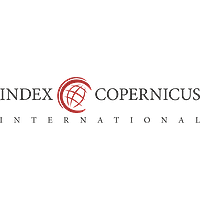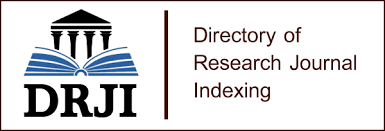MARITAL RAPE IN BANGLADESH: A CRITICAL ANALYSIS
Abstract
In marriage, a man and a woman are recognized by society, through which they form their family. Most married women in Bangladesh are abused by their husbands or in-laws. Looking at the current COVID 19 pandemic, it can be seen that the rate of abuse has taken a more pronounced shape. Marital rape is so common in our society that women generally do not consider violence against themselves to be serious or noteworthy. If a wife is asked she will file a police report against her husband for forcing her to intercourse, she will answer “later.†“What’s the point of complaining?†The main reason for this is that Bangladeshi girls are taught from family that society regards domestic violence as stupid violence that usually occurs within the family. In 2010, Bangladesh passed the Domestic Violence (Prevention and Protection) Act (DVA), which is an important step in defining domestic violence, which includes physical, psychological, sexual and economic violence. The law also provides important protection measures for victims and criminalizes violations of protection order, but this invisible and self-evident crime of marital rape was ignored in this case. This article will critically examine how women’s free will has been curtailed during this pandemic and moreover, the article would also discuss the protection of women’s human rights during the COVID 19 pandemic in Bangladesh and the recommendations to ensure the free will.
Downloads
Published
How to Cite
Issue
Section
License
Copyright (c) 2021 Md. Saleh Akram, Most. Shamima Pervin

This work is licensed under a Creative Commons Attribution 4.0 International License.
Copyrights for articles published in Journal of Asian and African Social Science and Humanities are retained by the authors, with first publication rights granted to the journal. The journal/publisher is not responsible for subsequent uses of the work. It is the author's responsibility to bring an infringement action if so desired by the author.
Articles published in Journal of Asian and African Social Science and Humanities are published under the Creative Commons Attribution (CC-BY) license, which permits others to distribute, remix, tweak, and build upon your work as long as they credit you for the original creation.
Â















